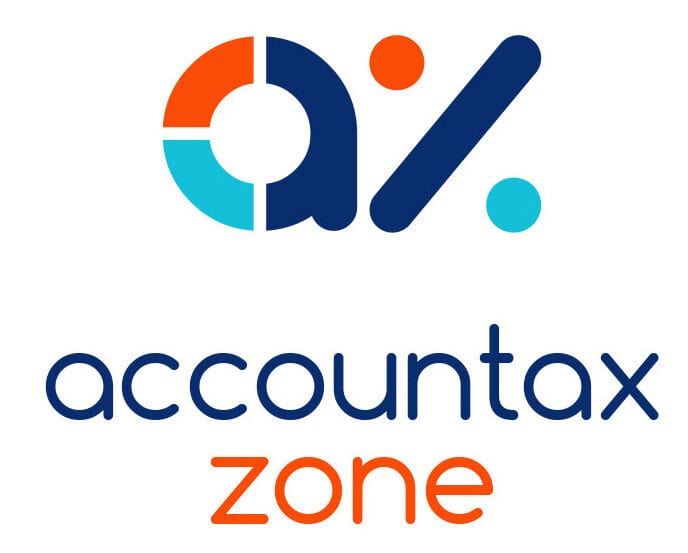Many start-up businesses take out loans to get going, e.g. to purchase stock needed to sell, or to make the first rent payment or rent deposit. Whether that business is set up as unincorporated or as a company will impact when interest paid before trading is allowable for tax purposes. This can potentially trigger a ‘loan trap’ if the rules around tax relief are not carefully managed, leading to unexpected financial consequences.
Unincorporated Business
The most straightforward situation is when the business is set up as a sole trader or partnership. In this case, any interest incurred pre-trading but paid personally will be treated for tax purposes as if incurred on the first day of trading. This avoids a loan trap, as it ensures that tax relief is applied efficiently from the start.
Companies
For companies, the situation is more complex, presenting two main scenarios:
- An individual borrows in their own name and lends to the company.
- The company takes out the loan in its own name.
Both cases present the risk of a loan trap if tax relief conditions aren’t met.
Individual Finances the Company
An individual borrowing to lend to or acquire shares in a close company can generally claim tax relief against income tax paid, provided certain conditions are met. The borrower (and associates) must control more than 5% of the company’s ordinary share capital, or the borrower must work in the company’s management team and hold at least some of the company’s share capital. Failing to meet these rules could result in a loan trap, where tax relief is denied.
Company Borrowing
If the company itself takes out the loan, tax relief for the interest incurred falls under the ‘loan relationship rules.’ These rules govern income and expenses relating to ‘money debts,’ such as interest paid or received.
Before the company starts to trade, any ‘money debt’ is treated as a non-trading debit under these rules. Where there are insufficient profits to offset these debts, the debits are carried forward and offset against total profits in future periods. Mishandling this process can lead to a loan trap, where tax relief is delayed or lost entirely.
Election
To ensure tax relief is obtained, a company can make an election to HMRC to treat the interest and other relevant costs as a trading expense once the company starts to trade. This can prevent falling into a loan trap, provided the following conditions are met:
- The election must be made within two years of the end of the accounting period in which the non-trading debit arises.
- The company must begin to trade within seven years of that period.
- The non-trading debit amount would have been treated as a trading debit had it been incurred in the period after trading commenced.
Second ‘Trap’
HMRC’s guidance specifies that for interest to be allowable, it must be incurred in an accounting period. The trap here lies in the fact that an accounting period only begins when a company has a source of income. Without income, the company cannot start an accounting period, which can delay or prevent tax relief.
You might also like to read: Tax implications of different methods of business finance
Practical Point
To avoid this issue, open an interest-bearing bank account immediately after incorporating the company. Deposit a small amount (e.g., £10) into the account to trigger the start of an accounting period. This simple step ensures that the election can be submitted to HMRC well within the required timeline. Be sure to submit the election before the end of two years following the accounting period in which the debit arises, as late submissions will be refused. Taking these precautions will help avoid the loan trap and ensure smooth handling of pre-trading loan interest.ing this simple step.
Partner note:










